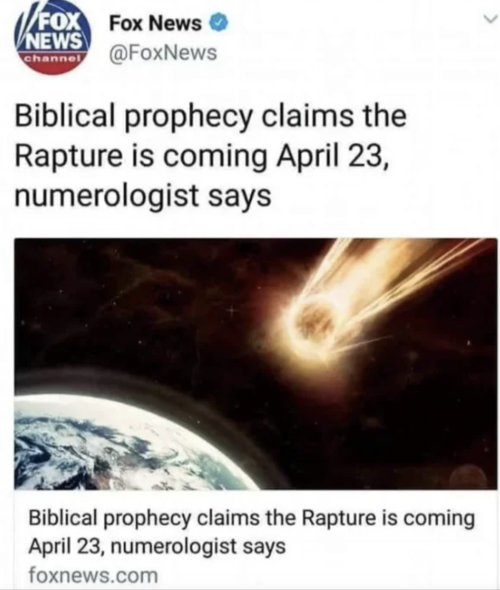- Joined
- Aug 1, 1997
- Messages
- 23,774
- Reaction score
- 21,052
- Age
- 53
- Location
- The People's Republic of Indianastan
Offline

Jets QB Aaron Rodgers says U.S. Government created HIV back in the '80s
Aaron Rodgers is not a fan of Anthony Fauci, as you remember with his comments on COVID-19 back in 2020. Do you
 nfldraftdiamonds.com
nfldraftdiamonds.com

